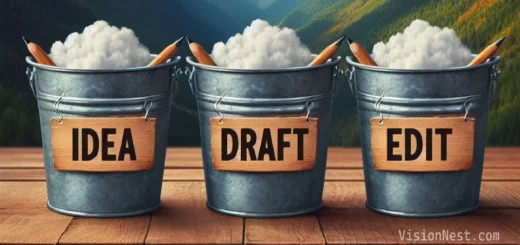Are you certified in self-compassion?

I just listened to a 28-minute summary of Self-Compassion: The Proven Power of Being Kind to Yourself by Dr. Kristin Neff. If you have not read the book, I strongly recommend it. (Get it on Amazon, for Kindle, or on Bookshop.org.) Below, I will summarize my learning, but first, a bit of personal reflection. If you are not interested in that, skip to the bullet point section of this post right after the certificate.
Does it not sound weird to have a “certification” in such an internal topic? Who would need that? Why would I get such a thing? But that is precisely the point of this book, as its subtitle says, “Stop Beating Yourself Up and Leave Insecurity Behind.” So no, I didn’t need it, and you don’t need it either. But if you practice negative self-talk, this book can be instrumental in unlearning the habit. You can get the gist if you do not have the time to read the 320 pages but have half an hour to listen. So, instead of beating myself up about the unnecessity of the certificate, I acknowledge that I did something good for myself. It is not my fault that LinkedIn Learning, where the audio summary of the book is available, also offers a certificate that I finished this course.
What grabbed me on the most emotional level and will remain in my memory from this book is the example of what happens when someone falls next to you. Most of us automatically feel empathy, step up, and offer help verbally or physically. So why didn’t I always show the same courtesy to myself when I stumbled or made a mistake? From now on, it will be easier for me to do so.
I have to admit I was (and maybe still am) quite skeptical about the “love yourself” idea that is so pervasive in the US, particularly in California. I came from a country/culture from which this notion is quite alien. It always felt selfish and not helpful in solving problems, be they personal, communal, or societal. Having listened to this course, my stance has softened as I now understand its utility, psychology, and history more. So, as a result, I am already practicing more self-compassion, which may be the first step towards becoming a proper Californian.

The Blinkist summary of the book does not follow the chapters. Instead, it distills down to critical messages. According to them, here is the essence of the book. It is a good overview, but compared to the summary and the book, it is missing so much explanatory context. Nevertheless, it is a valuable starting point.
- Our tendency to be self critical and to feel inadequate, often stems from childhood
- Societal pressures encourage us to be self-critical and feel inadequate.
- Self-criticism can motivate us to a limited extent but it comes with serious costs.
- Harsh self-criticism amounts to self abuse, which can have serious longterm consequences.
- Self-compassion provides us with a kinder, healthier, and more helpful alternative to self-criticism.
- Practicing self-compassion means overcoming the notion that we should be callous toward ourselves and our pain.
- Practicing self-compassion involves putting psychological space between yourself and your suffering.
- Recognizing our shared humanity with other people is another essential element of self-compassion.
- Instead of just being an obstacle, self-criticism can be a starting point for self-compassion.








Recent Comments